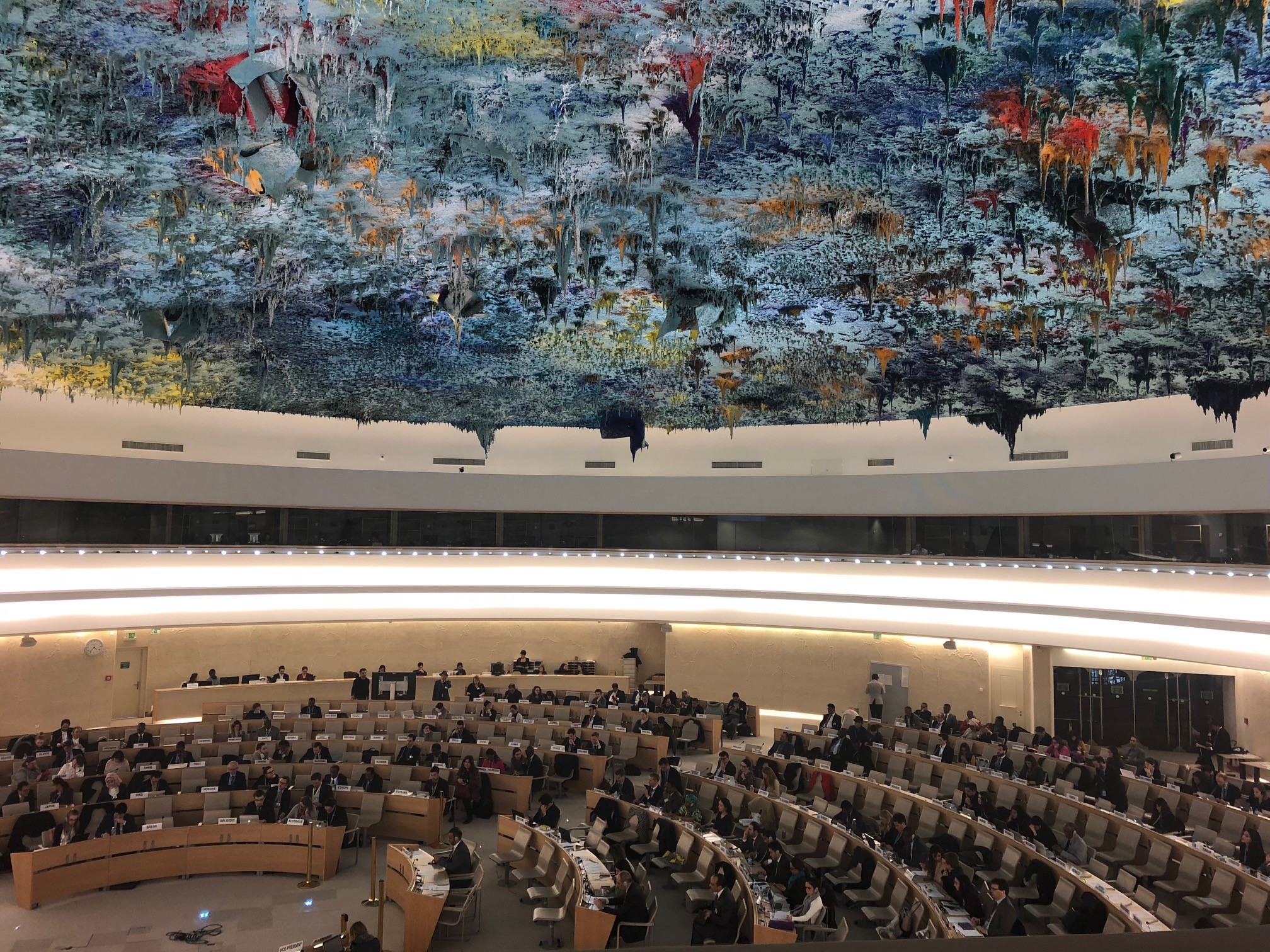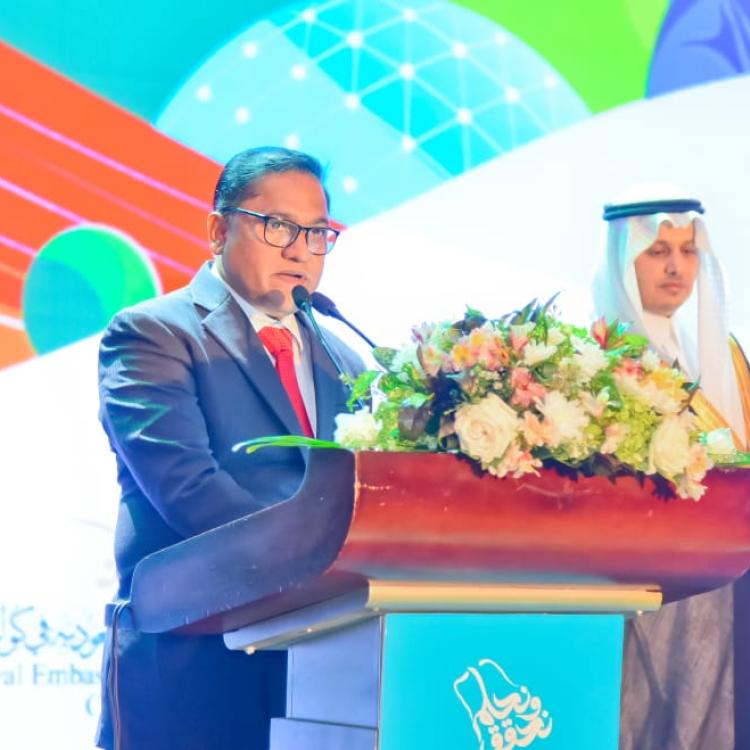Human Rights Watch (HRW) has called on the United Nations Human Rights Council (UNHRC) to extend its ‘crucial’ mandate to ensure its continued reporting and evidence collection of Sri Lanka’s human rights abuses for future prosecutions.
In a statement, the rights group also called on newly elected Sri Lankan president Anura Kumara Dissanayake to “reverse the policies of his predecessors”.
“Successive Sri Lankan governments have failed to hold accountable officials implicated in horrific abuses, particularly against Tamils and Muslims, and President Dissanayake, who has pledged to end rights violations, can alter that history by ensuring justice and protecting victims and activists,” said Meenakshi Ganguly, HRW’s deputy Asia director.
“The Human Rights Council resolutions are a crucial means of maintaining scrutiny on rights violations in Sri Lanka, offering some hope for justice, and a lifeline for victims who are otherwise at the mercy of abusive authorities,” Ganguly added.
A draft UNHRC resolution that was circulated last month, looks set to extend the mandate of a war crimes evidence gathering mechanism for a further year, as the Sri Lankan government continues to reject any prospect of international accountability for mass atrocities.
During the interactive dialogue at the 57th session of the Human Rights Council in September, the UN High Commissioner Volker Türk brought the Council's attention to his most recent report which details the sexual abuse and intimidation of Tamil activists by Sri Lanka’s security forces; continued crackdowns on memorial activities across the North-East; and failure to advance accountability for human rights abuses committed.
Türk said that in Sri Lanka, "a prevailing sense of impunity impedes meaningful progress and encourages continued violations and more corruption."
"The absence of accountability for past and present violations is a fundamental problem, illustrated by the lack of meaningful progress in emblematic cases," he added.
Responding to the UN High Commissioner's report, Sri Lanka's ambassador Himalee Subhashini Arunatilaka restated the country's opposition to Resolution 51/1 and claimed that "the resolution was adopted without Sri Lanka's consent by a divided vote within this Council."
Dissanayake’s recently appointed Vijitha Herath as Sri Lanka’s country’s Foreign Minister. Shortly after taking up the post, Herath thanked Saudi Arabia for their support at the UNHRC and for helping fight off resolutions that called for accountability and prosecutions of war criminals.
Successive Sri Lankan governments have rejected the UNHRC resolutions and protected Sri Lankan officials accused of human rights abuses.
HRW said the resolution on Sri Lanka is a “vital means to maintain international attention on this dire situation.”
Read HRW’s full statement here.


